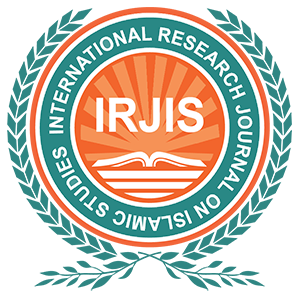Abstract:
Maulana Ashraf Ali Thanwi was a well-known commentator, reformer and scholar of the subcontinent. His various writings played an important role in the reform of the Ummah. Tafsir Bayan-ul-Qurʾān is his unique work. In which translation and key points are very important. Bayan-ul-Qurʾān was completed in a period of about six years and was first printed in 1326 AH by publisher “Ashraf Al-Mutʾabe” Bhoon India. Tafsir Bayan-ul-Qurʾān has a relatively simple and smooth translation of the Holy Qurʾān which, despite being idiomatic, is also in complete harmony with the words of the Qurʾān. In this commentary, Maulana Thanwi has highlighted the characteristics and distinctions of the Holy Prophet (PBUH) under the verses in honor of the Holy Prophet (PBUH). In this article, the characteristics and distinctions of Prophet (PBUH) have been described. Khasa’is-e-Rasool refers to the honored position and status given to the Holy Prophet (PBUH) in comparison to other Prophets and the common people of the Ummah. These features include the status of the Ummah of Prophet Muhammad (PBUH), the style of the Prophet’s communication, the virtues of the Prophet Muhammad (PBUH), the Raf-e-Dhikr of Prophet (PBUH), the bestowal of Kawthar to him, and the distinctions of Surah Al-Duhʾa are included. The authors have clarified these characteristics in the light of Tafsir Bayan-ul-Qurʾān. Similarly, these features are also mentioned in other books of Ashraf Ali Thanwi
Keywords: Khasa’is-e-Rasool, Qurʾān, Reformation, Raf-e-Dhikr, Tafsir, Ummah

